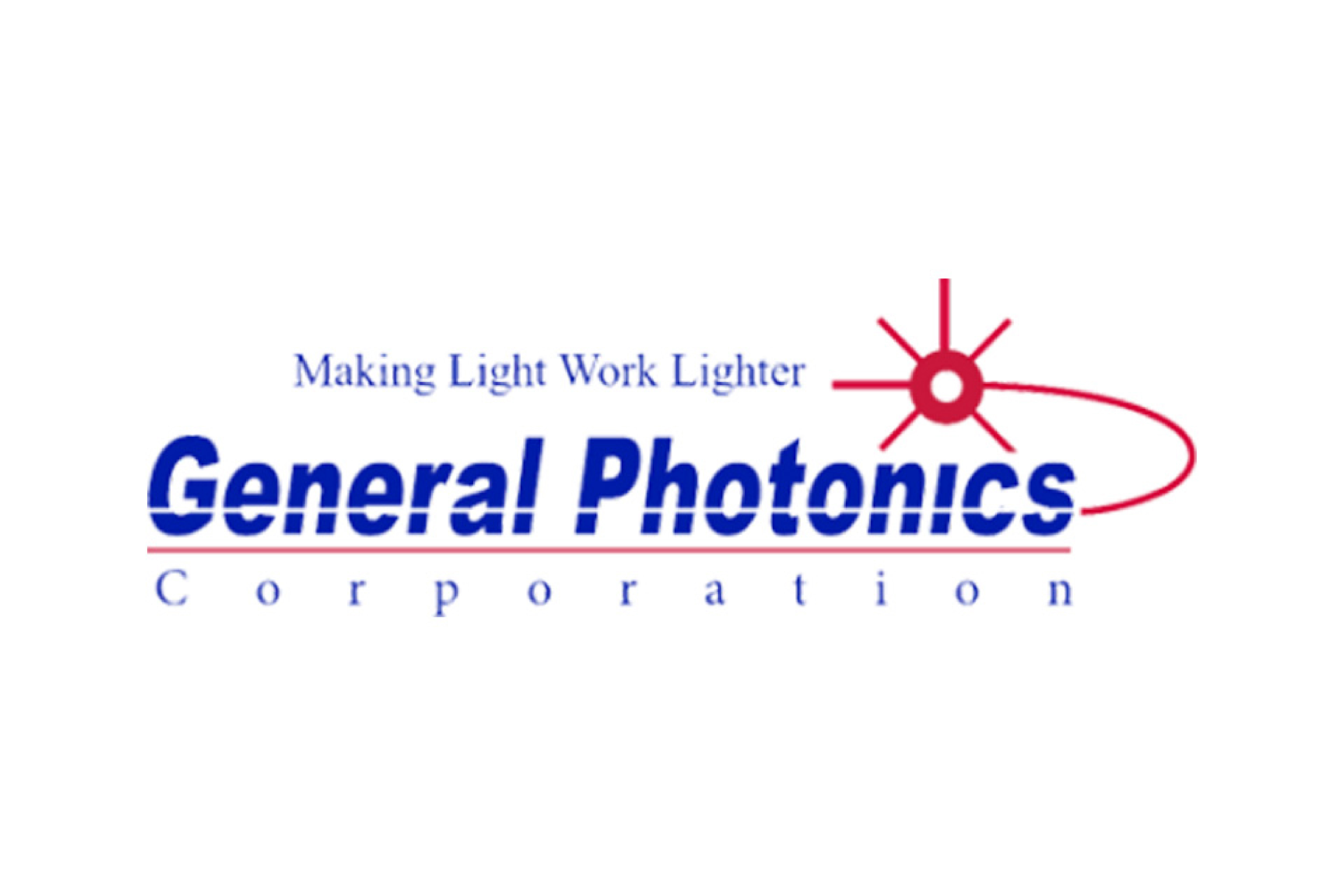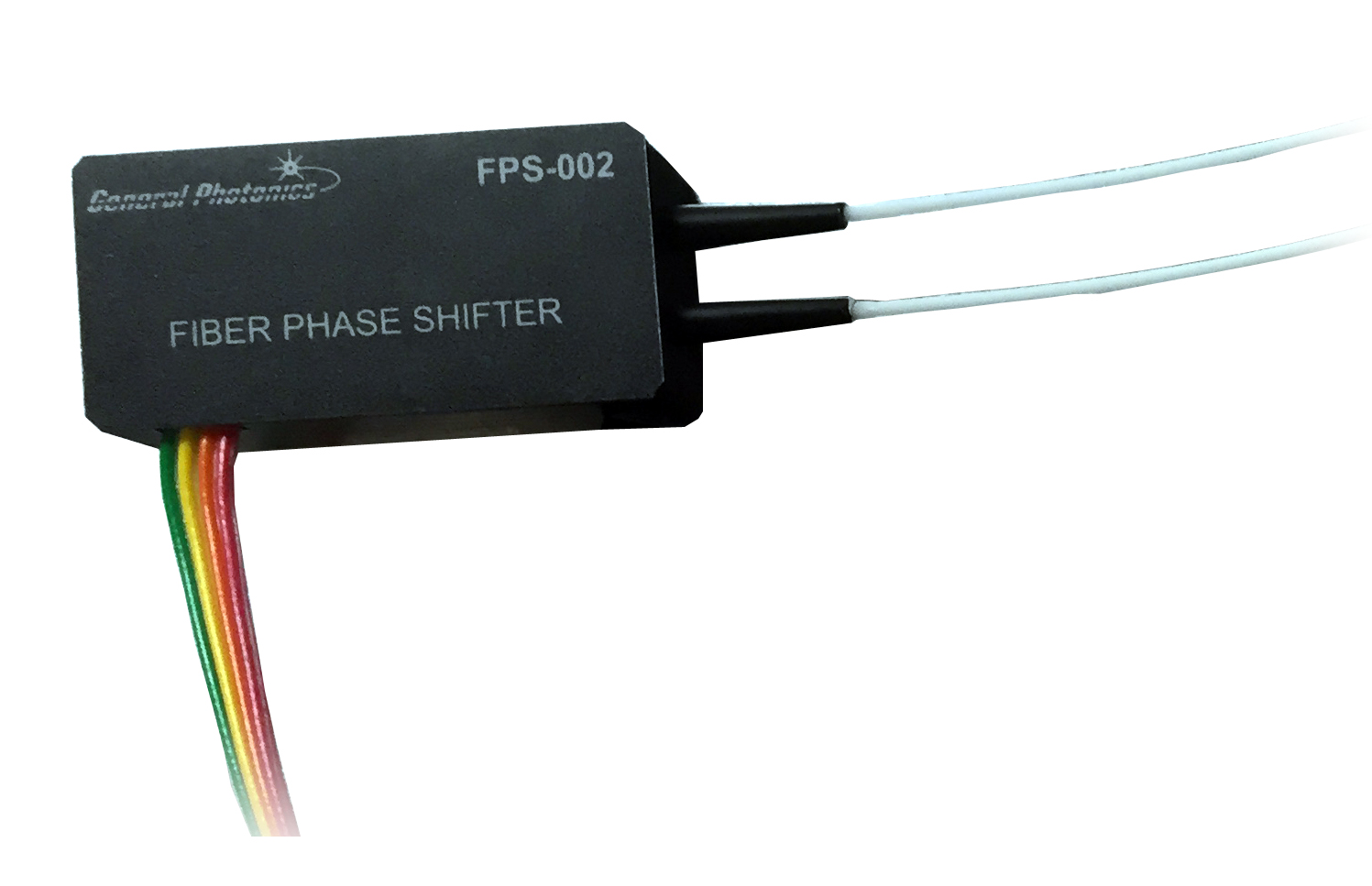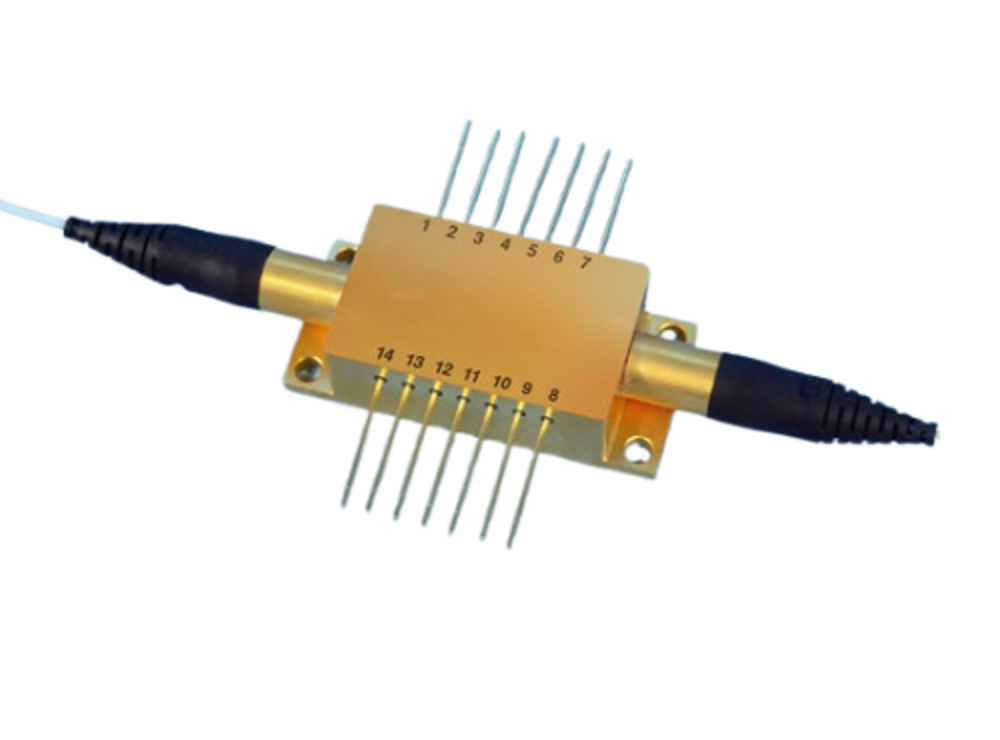Product information "FPS-002 Phase Shifter"
780-1550 nm; Total Phase Shift >65π; IL <0.5 dB; RL >50, >55, >58 dB; PDL <0.05, <0.1 dB; Residual Amplitude Modulation ±0.01 dB
Coherent or interferometric sensor systems, such as distributed acoustic sensors (DAS), often require a low-loss, low-cost phase shifter or modulator to obtain the desired sensing signals. General Photonics’ FPS-002 is an all-fiber device that shifts or modulates phase shifts up to 75π at frequencies from DC to 20 kHz.
The FPS-002 phase shifter requires a lower half-wave voltage than the FPS-001 phase shifter module: only 2 V compared to up to 20 V. Like the FPS-001, it is an all-fiber design and offers the benefits of low loss and back reflection. Two different size packages (small frame or large frame) are available to accommodate the bend diameter requirements of different fibers.
Key Features:
- Low Insertion Loss (IL): <0.5 dB (at λc, Excluding Connectors)
- Low Polarization Dependent Loss (PDL): <0.05 dB (SM), <0.1 dB (PM)
- Return Loss (RL): >58 dB (Without Connectors), >55 dB (With APC Connectors), >50 dB (With PC Connectors)
- Low Residual Amplitude Modulation: ±0.01 dB at 1550 nm
- Total Phase Shift (@500 Hz, Vpp = 150 V): >65π (@ 1550 nm)
- Low Half-wave Voltage (@ 500 Hz): 2.5 to 4.5 V Typical (Small Frame), 0.7 to 1.5 V Typical (Large Frame)
- Operating Wavelength: 780, 1060, 1310, 1550 nm
- Fiber Type: ClearCurve ZBL, HI1060, 780 HP, PM, PM980XP
- Capacitance of Piezo: 0.18 µF
- Maximum Applied Voltage: 150 V
- Compact Size: 35 x 17 x 10 mm (Small Frame), 45 x 27 x 11 mm (Large Frame)
Applications: Fiber Interferometers; Fiber Laser Systems; Fiber Sensor Systems



